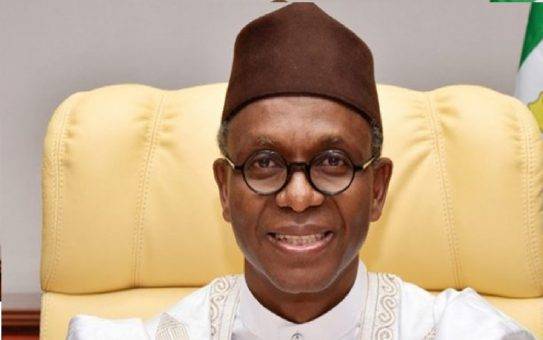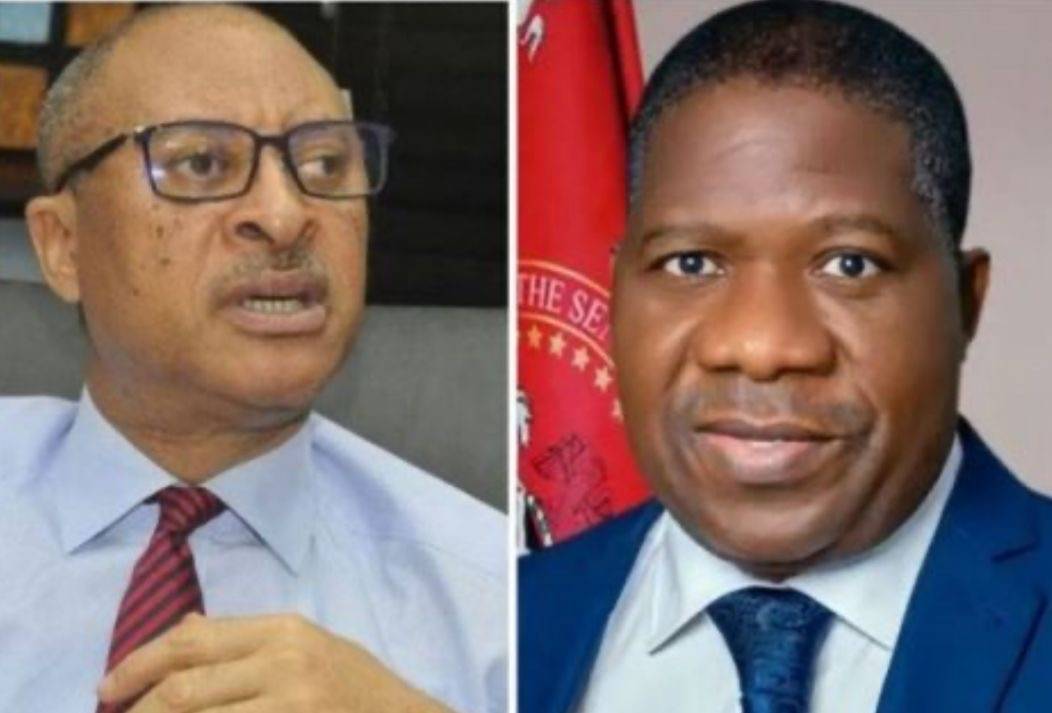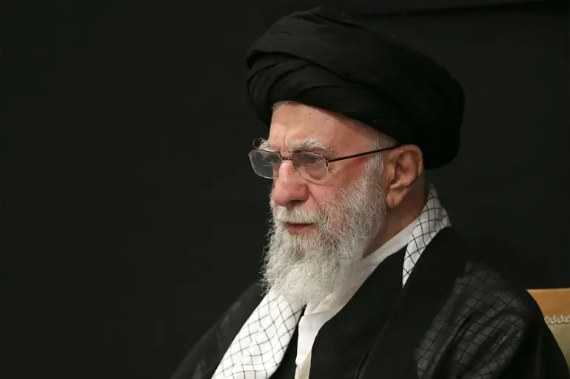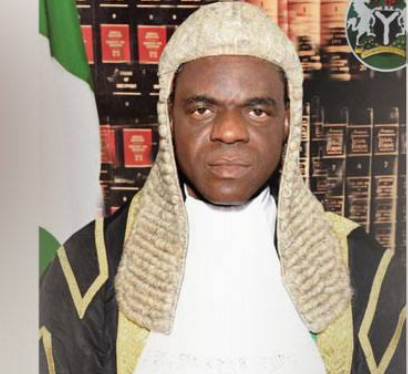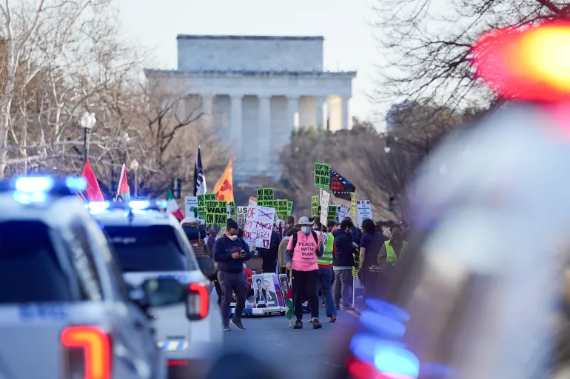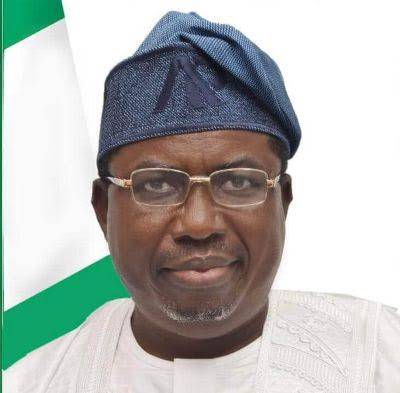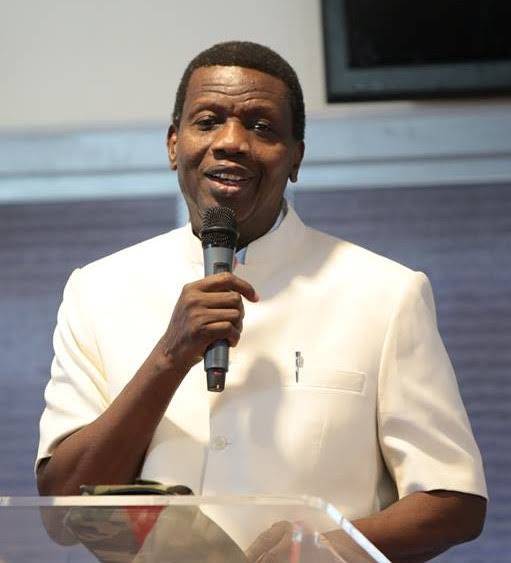By Tatalo Aremu
We want a great Russia, but they want a great bang, Pyotr Stolypin— the last democratically elected premier of Russia just before he was assassinated
Extreme politics always has its consequences. Perhaps it should be added as a caveat right away that instances of extreme politics also occur in homogenous nations with entrenched liberal democracy. This happens whenever there is a breakdown of the grand unified vision that holds the nation together as a result of the collapse of elite consensus. It is however in fractious, multi-ethnic and religiously fissured societies of colonial Africa, Middle East, Asia and Latin America that extreme politics is the norm rather than the aberration. Rather than being an arbiter and astute arbitrator of competing elite demands, the state itself is a theatre of war and violent contentions as the conflicting and often mutually exclusive claims of constituent nationalities while they jostle for scarce resources lead to a collision of altars.
In postcolonial Africa, extreme politics has led to civil wars, revolutions, catastrophic break-ups of nations, genocides, periodic pogroms, civil uprisings, religious upheavals, military coups, violent annulments of popular elections and ethnic nationalities programmed by their devious elites to be on permanent collision course. In the light of the above, it should be obvious that any nation afflicted by any or a combination of these social albatrosses is permanently in the emergency department or a regular patient in the Trauma ward. Depending on which part of the ideological spectrum one can be located, Nigeria should count itself lucky that due to the global de-marketing of revolution and what has been called the ongoing process of de-marxification of the entire world there are no strong, vibrant and viable leftwing movements or organizations left in the country ready to capitalize on and exploit the massive social contradictions.
If this development is particularly true of Nigeria, it is also very true of the rest of Africa. For almost five decades, leading up to the first decade of the twenty first century, Latin America was the hotbed of these revolutionary but sectarian upheavals with countries such Chile, Argentina, Guatemala, El Salvador, Honduras, Peru, Colombia, Bolivia, Nicaragua, Mexico and Uruguay coming under the terroristic thrall of charismatic insurgents. The continent even birthed the phenomenon of Liberation Theology, a band of Jesuit priests who believed that paradise was possible on earth as a heroic human construct. If all is quiet on that front now, it is because the idea of a supreme, all-conquering Caudillo has also suffered irreversible attenuation.
Looking back now in sober retrospect the whole idea of The Second International, with its flawed but humanitarian heroism, feels like a fictional reprise of a world about to disappear forever. The world, in the main, appears to be moving relentlessly in the direction of a rightwing authoritarian populism peppered by xenophobic nationalism. In Britain, Jeremy Corbyn, the leftwing hell-raiser, had to be dismissed as Labour Party leader before his party became electable again. As Prime minister, Keith Starmer is learning to master the ropes of deep-seated national ambiguities and political fudging. In France, only a desperate last minute alliance between the old left and the new Macronite centre prevented the rampart from disappearing in a far right tsunami. America has just executed a swing to the far right with potentially perilous consequences. Russia has transited to a hyper-Slavic redoubt ready to defend the interest of the larger Slavic sub-race despite the nuclear harrumphing of Donald Trump. The world seems to be tired of revolutions while revolutions are themselves tired of the world.
But what is extreme politics? Extreme politics is the politicization of the process of allocation of resources and the procedure of who gets what and at what time in a way and manner that imperils national progress and renders economic development practically impossible. It is marked by a subordination of the political process to the crude partisanship of ethnic, religious and regional muscle flexing in a way which makes the conciliation, compromise and consensus-building critical to elite harmony and national cohesion impossible. It is unfortunate, even tragic, that beyond what one can dismiss as occasional instances of individual eccentricities and opportunistic haymaking, extreme politics is on the rampage once again in Nigeria.
The democratic and national fabric weakens whenever the wisdom, judgment and capacity to take fair decisions on behalf of the entire nation by those saddled with the responsibility is subjected to a daily barrage of criticism by disaffected elite groups driven by fear, anxiety and sheer phobia. Anybody who has been reading some national dailies and watching prime time television in the past week would have noticed a sustained barrage of attacks on the Tinubu administration as if the bugle of war had sounded somewhere. It is not only the tone and tenor of these attacks that are regrettable but their nature and content. One of them with lordly disapproval insisted that Tinubu must leave immediately. Another noted without any recourse to any data or statistics whatsoever that his rule has been a categorical disaster for the north of the nation while a third only marginally more sanguine than the first two insisted that an electoral catastrophe awaits the president should he dare to put himself forward for reelection in 2027.
What is worrisome about all these threats and maledictions is that they are coming barely two years into the Tinubu administration when it has barely passed the halfway benchmark in what is supposed to be a two-term tenure for a president of southern extraction in accordance to an unwritten clause of power-sharing arrangement on which the stability and cohesion of the Fourth Republic rests. The potentially catastrophic disruptions which are bound to follow the premature termination of this delicate rotation of power do not seem to disturb the peace and cheery equanimity of the proponents. Far more worrisome is the fact that this caterwauling is coming almost entirely from people who were until recently active collaborators and fully fledged members and appointees of the ruling party, unlike the peace and quietude that obtained during the eight years of General Buhari’s rule. They have not even spent two years out of the power loop before they have begun to gasp for breath and to threaten the peace and foundation of the nation. How are they going to survive eight years in a strange land?
The conclusion is inescapable that these are, in the main, spoilt children of unearned and unmerited privileges; prodigal brats of the feudal oligarchy without a second address and without any means of livelihood beyond feeding off politics. With their state diapers and feeding bottles removed they cannot contemplate a life of hard work and thrift outside the feeding frenzy of the postcolonial pabulum. But there is a big problem here. You cannot step into the same river twice. After the June 12 fiasco, Abacha’s inquisition and the mismanagement of the ethnic diversities of the nation, the National Question has been exacerbated and the mood has darkened. The framing temperament of the country can no longer tolerate the toxic effluence of extreme politics such as annulments, assassinations of key political figures of a particular region and electoral shenanigans ending in messy stalemates. No section of the country can any longer impose its narrow, circumscribed and antediluvian vision of human order on the entire nation. It is either we embrace political and economic modernity or we damn the consequences.
The auguries are dire. This is not a question of scaremongering. After the June 12 imbroglio, the Yoruba people seem to have had it to the hilt with the Nigerian nation. There are many of them who are not Tinubu’s supporters but who will take umbrage at any attempt to prematurely or unfairly terminate his tenure either by electoral skullduggery or by more devious and invidious means of state incapacitation. This will bring them circling the wagons all over again, this time around in a more decisive manner. With the core east up in arms against the hegemonic coalition, it may well signal the unleashing of some irreversible forces of implosion. Those who are testing the water and probing for the soft underbelly of the current administration ought to put their talent for regime destabilization into more productive use.
The immediate tragic consequence of extreme politics is that it often forces a vulnerable government to concentrate more on unproductive politicking and deal-making rather than focusing its talents on productive governance which conduces to accelerated development and increasing national prosperity. More dangerous is the fact that feeling the pressure and the heat of the unrelenting attempts to wrong foot and destabilize it, a weak government without a full mandate or overarching national legitimacy might be forced by exigencies to ignore or look away from the quest for social justice and egalitarian distribution of resources so as to placate or mollify already over-pampered elite groups who undermine national cohesion and the equilibrium of the polity by their greed and avarice. The irony is that it leads to that which the authorities fear most: the widespread collapse of order and authority that open the backdoor to unimaginable social and political catastrophe.
We have witnessed the horrific consequences of extreme politics at critical phases in the chequered history of this country. In the First Republic, the unjust take-over of opposition stronghold, the imprisonment of opposition leaders, the pacification of weaker nationalities and widespread rigging of elections led to a breakdown of law and order, the termination of democratic rule and civil war. The same scenario repeated itself in The Second Republic with very much the same outcome. In the aborted Third Republic the recourse to politics in extremity following the mismanagement of the nation’s ethnic and cultural diversity by a military junta opened the backdoor to another military dictatorship of unparalleled brutality and venality. After twenty six years of uninterrupted civil rule, we should be able to resist the temptations of ancestral infirmities that will return us to the limbo of liminal existence.
Culled from The Nation


